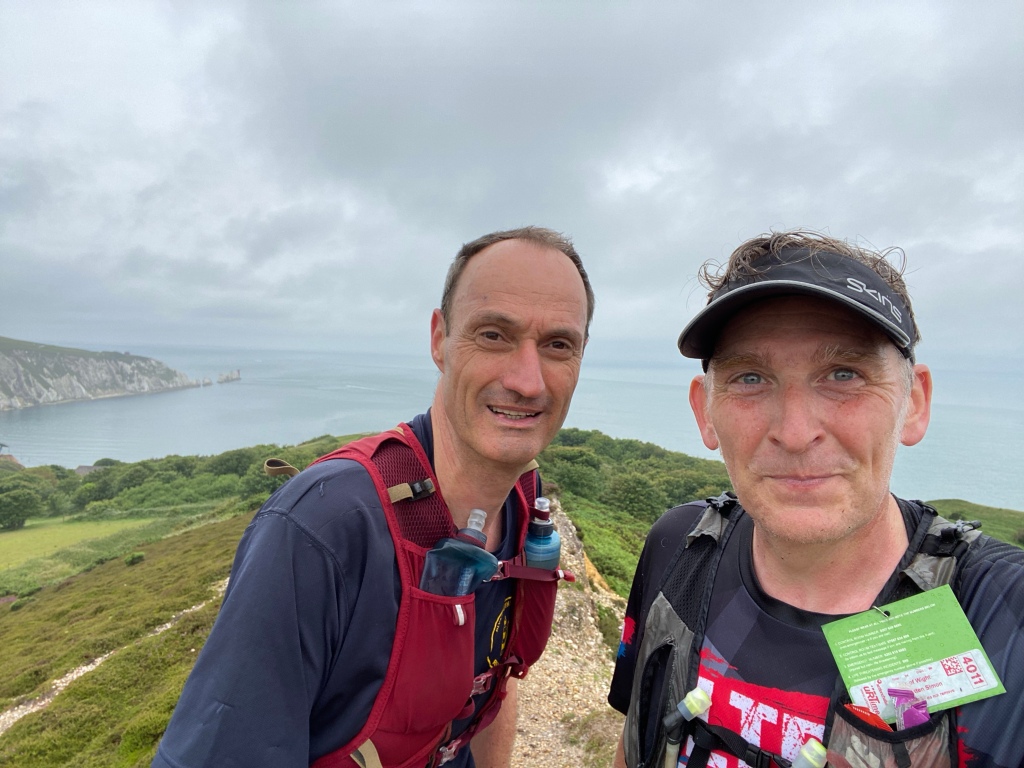
My brother-in-law Pete (who I do most of my daft running challenges with) has just got a new job working quite high up in a government ministry, after a lifetime working in town planning for a local authority in the South West.
It sounds like local council planning departments and schools share much in common in terms of the constant need for leaders to act operationally more than they would like, often squeezing every last drop out of the day.
So his first meeting with his new boss, a senior civil-servant close to the minister, came as a bit of a culture shock:
“You need to prioritise thinking Peter” says the smartly suited mandarin.
“Strategic thinking comes so much easier in nature I find – so spend a couple of hours a day in your garden if you can. Or go for a stroll. We find it makes all the difference.” he continued.
To begin with Pete felt very uneasy about this. Surely he wasn’t being paid by the taxpayer to loll about in the back garden?
But after a few months, he’s confided that he has never been more efficient or creative. His job, like ours, demands creative problem solving and he admits that he is now whizzing through previously irretractable problems faster and more efficiently than ever before.
But the evidence pointed the other way. As a leader he was suddenly much more effective.
By spending more time doing, well… nothing.
The case for doing nothing.

I have seen too many headteachers fretting this summer holiday that they aren’t working hard enough. Worst still, the occasional hero Head bragging how they ‘might take a week off towards the end of August’ but are “far too busy” (for busy read important) to take any more of the summer off than this.
The result?
In the short term, this year more than most, we see a host of Headteachers teetering on the brink – utterly exhausted by an impossible 18 months where a national emergency demanded we were on call for over a year.
Putting to one side the pandemic for one moment, this gradual creep of working through our holidays to ‘catch up’ with paperwork or ‘get ahead’ is a fool’s errand.
I have been a Headteacher for nearly 15 years. I have, as times worked 70, 80, 100 hour weeks. No matter how hard I tried, I never ‘caught up’ or ‘got ahead’.
All I did was get more and more exhausted, which made me less and less effective. The longer I worked the less I achieved. Like at the end of any long school year (this being the mother of all years!), by July, my work rate had slowed to a crawl.
Exhaustion (particularly when linked to stress) stops you thinking and acting strategically (the bit of our job which we are paid to do well). We may be grinding out hours and hours, but we long since stopped being effective.
This is the British disease – we have the longest working hours in Europe, but the lowest productivity. We (falsely) equate time spent on a task with effectiveness.
It’s okay to have not done those big jobs.

I have done very little paperwork in preparation for the next academic year.
Sports Premium report. Not done. I know that I should done this by 31st July but COVID and more important things for my school community got in the way. Plus I doubt the DfEs compliance police will get to me before I complete it in September.
School Development Plan? No.
SEF. See above.
The new COVID safety plan – Pencilled in with my SBL for a day at the end of August, but, nothing yet.
I feel completely comfortable knowing that these large and time consuming jobs aren’t done.
At the end of term I was a husk of a man, battered and dog-eared from leading through COVID. Any plans I’d have written would have been rubbish.
Compliance cultures fail.
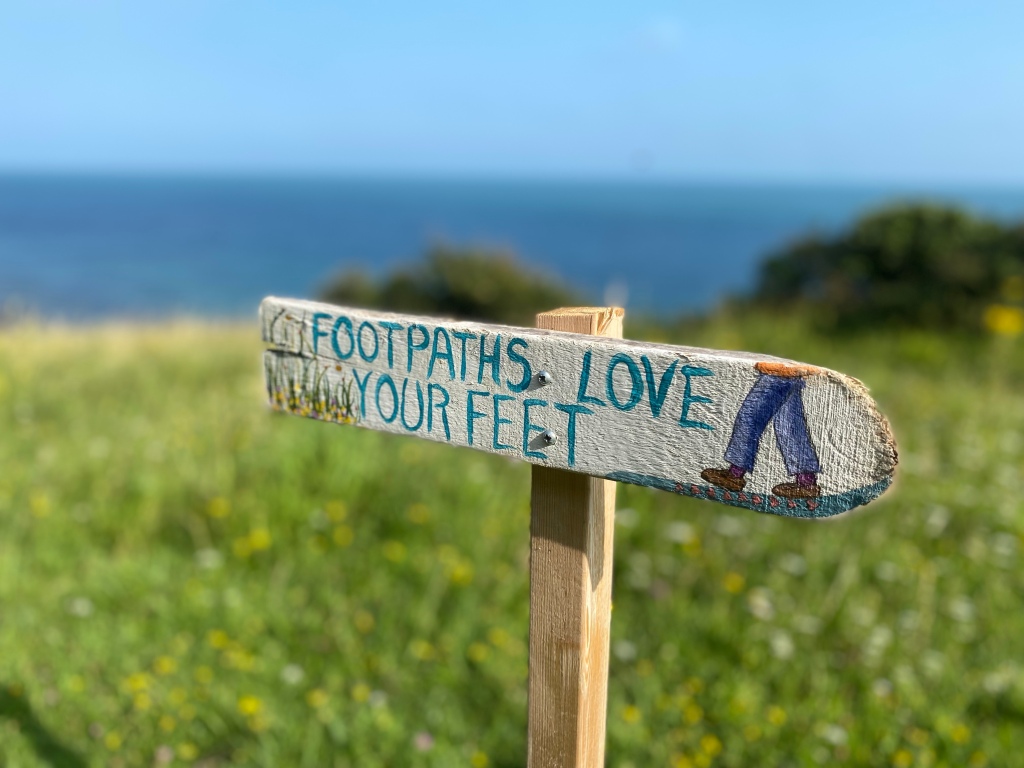
When people are exhausted and under the cosh, the natural response is to seek refuge in compliance.
The temptation during the summer holiday is to obsess about all the trivial compliance tasks (often linked to the school website) which can take hours when you’re already exhausted.
“They can’t harm me if I’ve done what I was told” is the cry of the damned. It leads to paralysis and eventually failure. Nothing grows from seeking only to achieve compliance.
Don’t get me wrong. Some compliance: safeguarding, H&S, financial etc really does matter – and has to be done straight away. Likewise, if OFSTED are looming, it would be unwise to play fast and loose with too many state mandates.
But unless we are careful, rigid all-consuming compliance over trivia can rob us our ability to do what actually matters – improving the lives of young people.
Taking your holiday seriously is a strategic act.
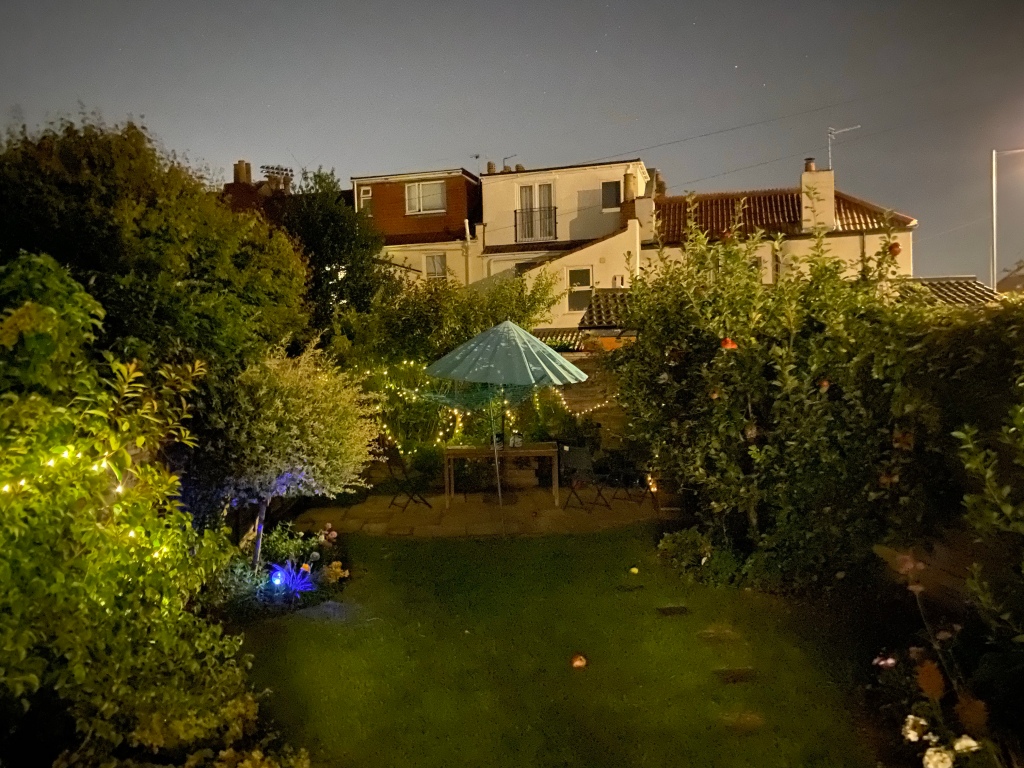
I am currently taking my summer holiday extremely seriously.
If possible my wife and I get up late (we have teenagers so this is fine), potter about the place a bit, go for a walk, maybe have a coffee somewhere, read a book / the newspaper and maybe even sneak in a crafty afternoon nap. My children (now 16 and 19) demand I give them occasional lifts to places and we do some family outings, but generally my summer consists of a lot of lolling about. And also 8-10 hours of running each week – because it’s the thing I like to do. Oh, and drinking cider. Which I also like to do.
Likewise, I tend to read a book about leadership. Not because I think I should, but because the summer holiday is the only time I want to. The only time my mind is free enough to take it in.
The result? At time of writing (2 and a bit weeks into the holiday) I am finally starting to feel normal again. The brain fog and utter fatigue which has followed me about like a cloud since January is beginning to clear. And with it my thinking.
Thinking is working.
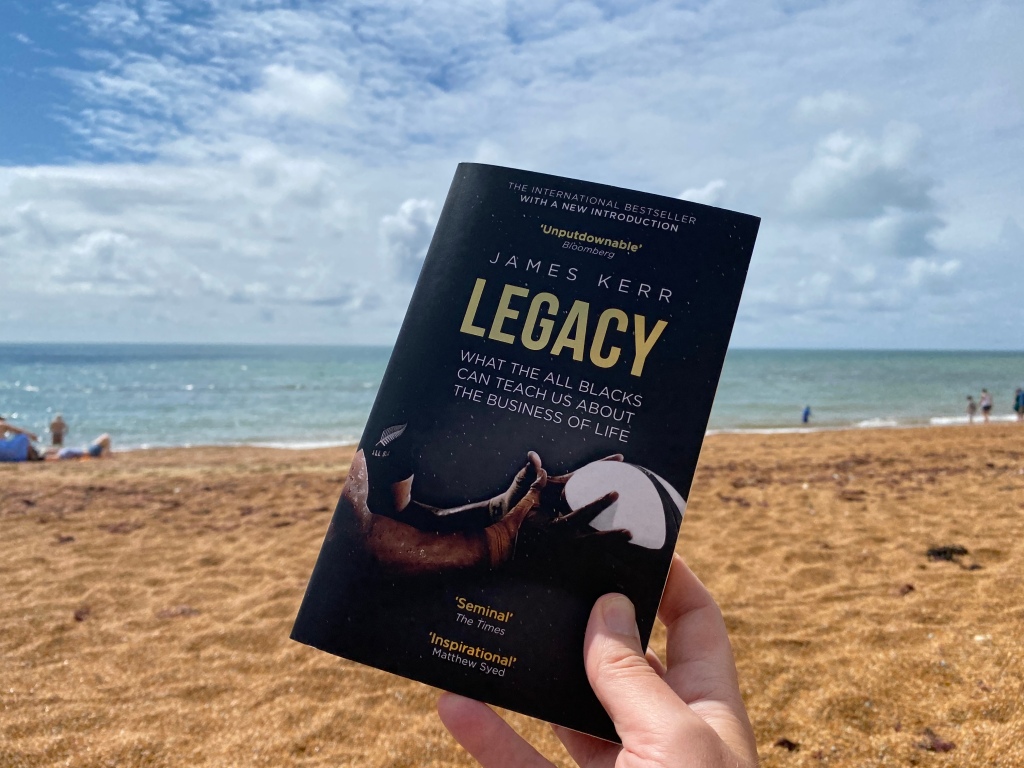
Whilst like all Headteachers, I never switch off completely from work, the summer holidays do allow me space to regain perspective.
Whilst lolling about, reading and running, I start to feel my strategic and creative thoughts returning. I start to see the themes and priorities which I must address in the current year with clarity. I start to invent a coherent narrative for what must be done in the next 12 months.
All those jobs – the Sports Premium Report, the SEF, the SDP may not be written, but the important work – the THINKING (usually whilst out for a run as it forces your brain into a neutral state) – is very much being done.
And I don’t mean that I head out for the trails to deliberately strategise about my Catch Up Premium strategy – I don’t – I put no pressure on myself to think of anything at all. Which allows me the headspace for ideas to ‘pop in’ naturally.
So relax!
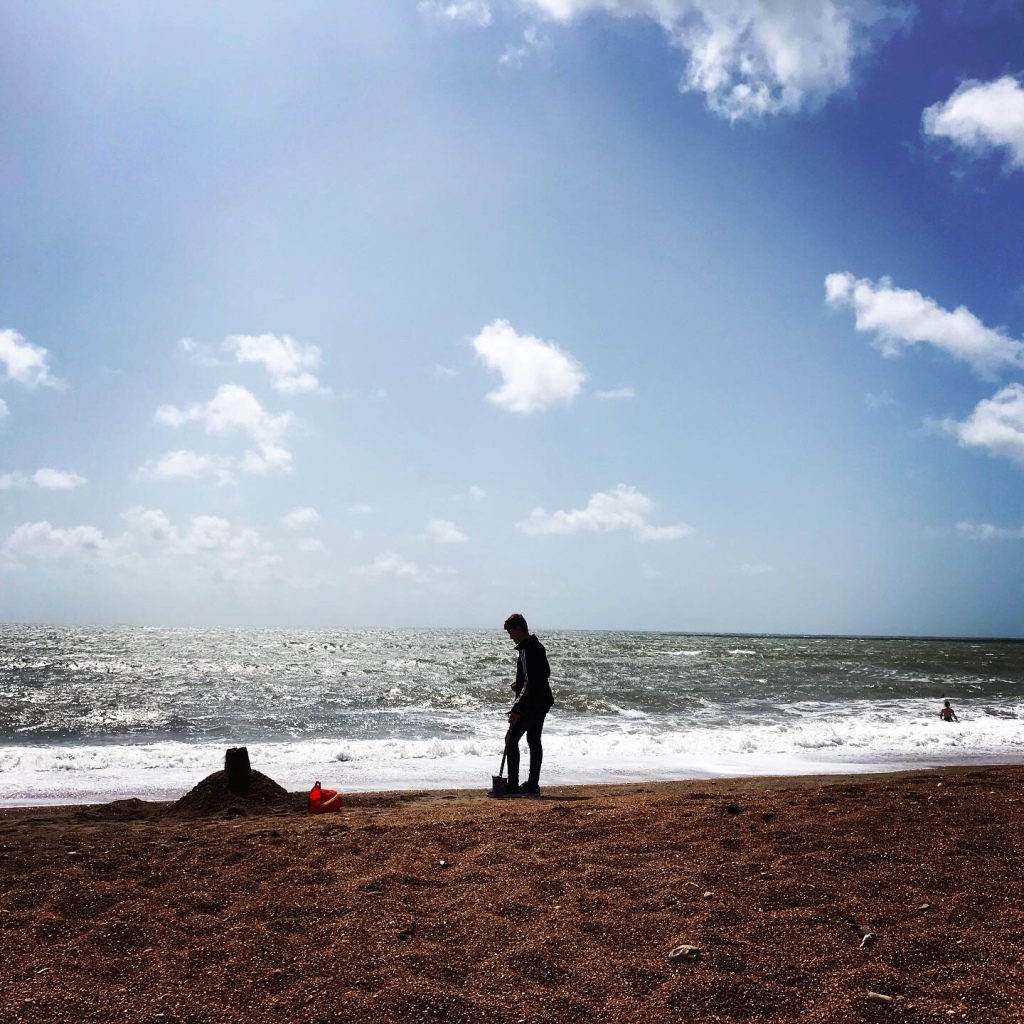
And maybe that’s something we are missing – that time, that space, that spare capacity – in the rest of the school year to truly think strategically.
Some of the best Headteachers, and very often Executive Headteachers, I know, feel absolutely no guilt in giving themselves ample time and space in the working week to think strategically and let ideas grow.
So please take this holiday – a holiday after the most ridiculous 18 months ever – to allow yourself to relax. To let the thought just come to you without forcing them out.
And who knows, maybe with enough practice we might find time to do the same when schools return. I feel sure we’d all be better leaders for it.
Someone should make a list of Covid benefits for (Primary)Headteachers which have reduced their workload and thereby made them more relaxed. Here’s a few trivial (?) ones:
1) Dishwasher etiquette- teachers required to look after own mug rather than chucking it in sink for others to clean – usually guess who. (Latter is also the person who often buys milk for Tea – why cannot such jobs be rotated – if you cannot do your turn then “pay” another ..). School dishwasher can now be used to clean such as toys …
2) Timetabling of non contact time. For years Edinburgh schools assigned this to be Friday afternoon, elsewhere HTs had to struggle all day Sunday to ensure fair distribution – “impossible to change” said LAs. Of course overnight it happened.
3) Multi hour long CPD for HTs. If all together Council execs felt had to justify travel time etc. Now online, always less than an hour.
4) …
LikeLike
A refreshing read which as a Head, an Exec Head and now a CEO absolutely resonates with me. It takes personal reflection- which is so hard to fit in whilst galloping on the daily treadmill of life, leadership maturity and confidence to stop, breathe and just….think . My best ideas evolve during the summer hols. I.m yet to have thst strength to identify and protect some thinking time during the school term. It”s usually when I should be asleep!
LikeLike
That is really correct
LikeLike
This really correct
LikeLike
Constructive ideas
LikeLike
I absolutely love this post. I retired from classroom teaching in 2013 having spent 35+ years ‘at the chalkface/whiteboard/interface”. The best bit of advice I was ever given at the start of my career by my tutor at Westminster College Oxford, during my PGCE year was: “If it is a choice between being thoroughly prepared by sitting up for hours or going to bed early and being rested; go to bed early because you will be fresh in the morning and better able to think on your feet.” Thank you for sharing your clear sighted strategies! I am a keen runner and sailor…great ways to problem solve!
LikeLike
brilliant advice from your tutor! This is a great post and I hope lots have had the chance to have a think about this!
LikeLike
It’s better to plan what you do during holidays
Inorder to avoid time wasting and controlling your family especially teenager’s by providing work .
LikeLike
Thank you for sharing this. It’s educative.
LikeLike
I really thank you, you shape my mind, even I usually try to plan and organize my work before, but it was slow, by now I become encouraged by your sharing experience. Thank you!
LikeLike